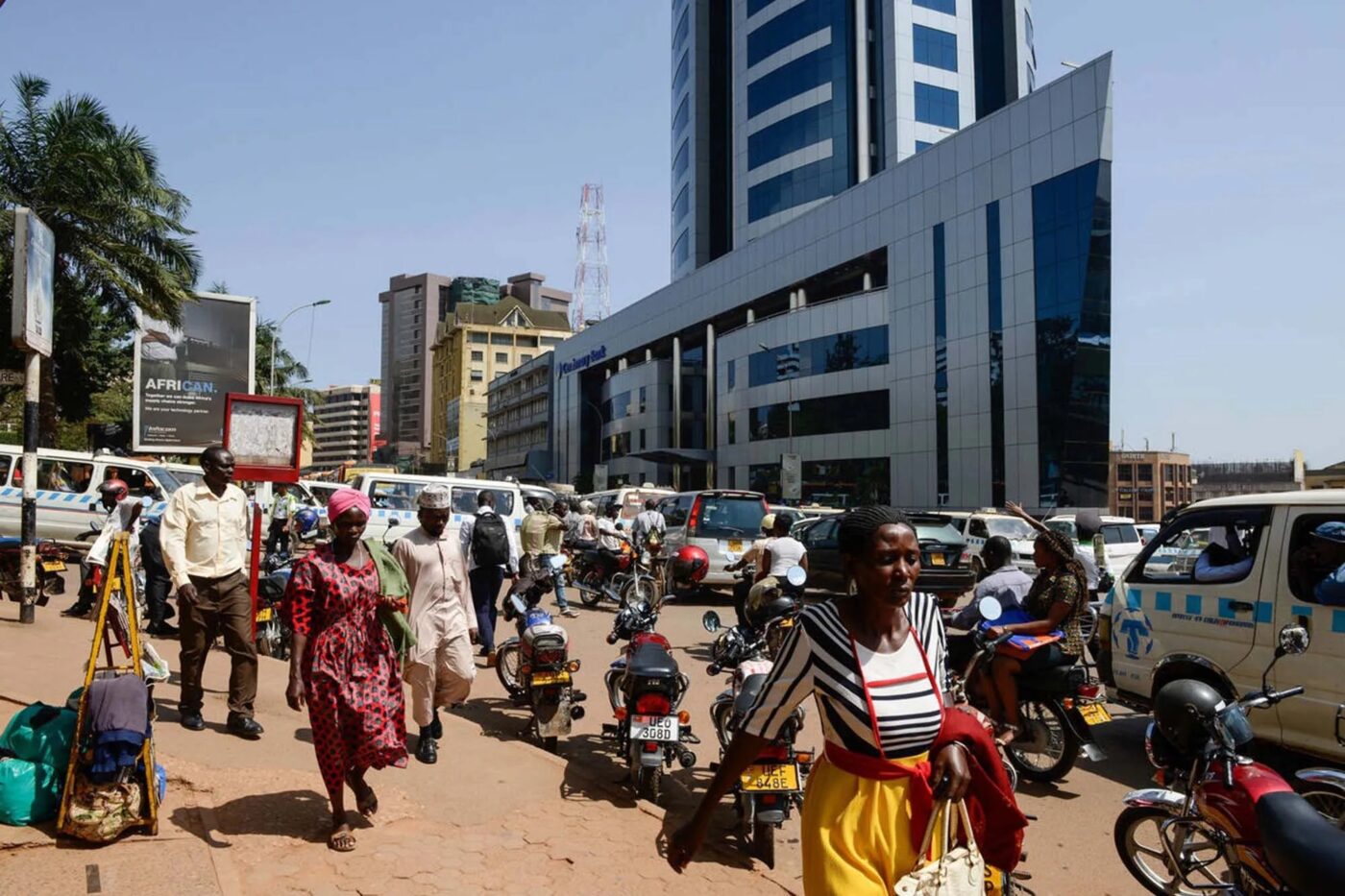When I read about NYC mayor-elect Zohran Mamdani visiting Uganda — the country of his birth, where people just call him “their own son” — I felt a fiery jolt. Mamdani is, on paper, a delicious tangle of categories: born in Kampala, Uganda, to Indian parents, raised partly in South Africa, now a politician in New York (I could relate, partly!).
In the U.S., where forms insist on tidy checkboxes, this complexity becomes controversial. Could he claim both “Asian” and “Black or African American” on a college application? Critics said no. Of course they criticized him — he ticked a box he shouldn’t have. But he’s right about something: identity is complicated. And if that’s his worst crime, well, we’re going to be okay.
The way the New York Post attacked him says it all: he’s doing something right. Thin, pedantic criticism, obsessing over minor technicalities — classic signs of a society rattled by someone who refuses to fit neatly into the boxes. And for me, Uganda, in contrast, felt like a different world. I’ve been again and again and it does deliver this complexity right to your snoot.
To understand why, you have to look at history. During British colonial rule, Indian laborers and merchants were brought to Uganda to build the railway and run businesses, and they prospered. By the 1960s, these families controlled much of the country’s trade, which bred both dependence and resentment among Ugandans.
After Uganda gained independence in 1962, Milton Obote’s increasingly authoritarian government and the 1971 coup that brought Idi Amin to power, followed by Amin’s brutal rule and the 1972 expulsion of Asians, uprooted tens of thousands of families. Their businesses were seized, families scattered across the U.K., Canada, and elsewhere. Brutal. But it wasn’t the end.
Decades later, many returned, rebuilt, and reintegrated. They speak local languages, run businesses, raise families, and are fully part of Uganda. Mamdani’s Indian ancestry doesn’t make him “other” — it’s part of the story of Uganda itself, a story that spans colonial exploitation, forced displacement, and remarkable resilience. In fact Mamdani’s ancestry makes him fully, unmistakably Ugandan
Spending time in Kampala, I saw it. Owino Market buzzed with languages and histories: vendors calling prices in Luganda and English, Indian-Ugandan families selling groceries alongside local traders, kids mixing dialects effortlessly. I tried to bargain in Luganda once, got corrected with a grin by the vendor — “You’re learning, but don’t mess with my prices, mzungu.” Even that small interaction reminded me how language, like identity, is a negotiation, a bridge, a claim to belonging.
Walking through neighborhoods shaped by displacement and return, I could feel the layers of history in the streets, like the stories in some of my favorite books from Uganda, Shenaaz Nanji’s Child of Dandelions or Kololo Hill by Neema Shah, about families uprooted by Amin and the lives they rebuilt. One scene from Kololo Hill, where a girl wanders through the same streets her parents fled decades before, made me think of children chasing soccer balls here, oblivious to histories layered into the sidewalks. Belonging isn’t a form on a page; it’s being part of the life around you.
Traveling in Uganda has shown me something about myself too. Watching people navigate ancestry, history, and belonging made me question my own assumptions about identity. My whiteness, my European roots, the way I’ve been misread across the globe — it all feels more complicated now.
Back in South Africa, I grew up being categorized in ways that felt absurd: too white to understand Black communities, too African to fit into European circles. It’s familiar, unsettling, and now I see it in sharp relief against Uganda’s fluidity. Travel lets you step outside inherited stories, to see identity lived in practice, and to hold contradictions without needing to straighten them out.
I’ve never carried Mamdani’s level of complexity, but I know what it is to be misread. In cafés in Paris, on New York streets, in Nairobi markets, people fill in the boxes for me before I speak. Unlike Mamdani, I have a simpler lineage, but the experience resonates. “Wait you’re South African but why aren’t you black?” If I had a dollar for every time I have heard that…
Travel loosens these boxes. Riding a boda-boda through Kampala’s congested streets — dodging taxis, tuk-tuks, and the occasional goat — I felt the city’s rhythm in a way a taxi window never allows. Sitting in a café on Kisementi Road, sipping chai that tastes like it was poured with history itself, listening to students debate politics in English and Luganda, I finally understood what belonging looks like. Market visits, conversations, streets alive with overlapping histories—they all show the kind of fluidity Mamdani embodies.
Where does that leave me? My whiteness isn’t neutral, it’s a position in a hierarchy, a story others have had to deal with too. But travel, and seeing how Uganda embraces someone like Mamdani, shows that belonging can be generous. Identity is a spectrum, a fabric, a becoming. Traveling lets us understand ourselves better, through other histories, other lives, other ways of being.
And yes—Zohran Mamdani got my vote. Because he’s thinking differently. Because even if not all his ideas pan out, he’s coming up with creative solutions that actually matter. And because his deep empathy is clear — he sees people, histories, and struggles, and he carries that awareness into everything he does. For embracing complexity. For bridging histories. For reminding us the world is bigger than the boxes we insist on. If that’s a crime, let it be one worth committing. For those who are, maybe really, deeply question why you’re opposed to him. I have yet to hear a single compelling argument.
So please, I implore you: Travel. Go to Uganda. Walk its streets, talk to its people, taste its chai, and let the layers of history and belonging challenge your assumptions about yourself. Complexity is messy — and that’s exactly what makes it worth exploring.
